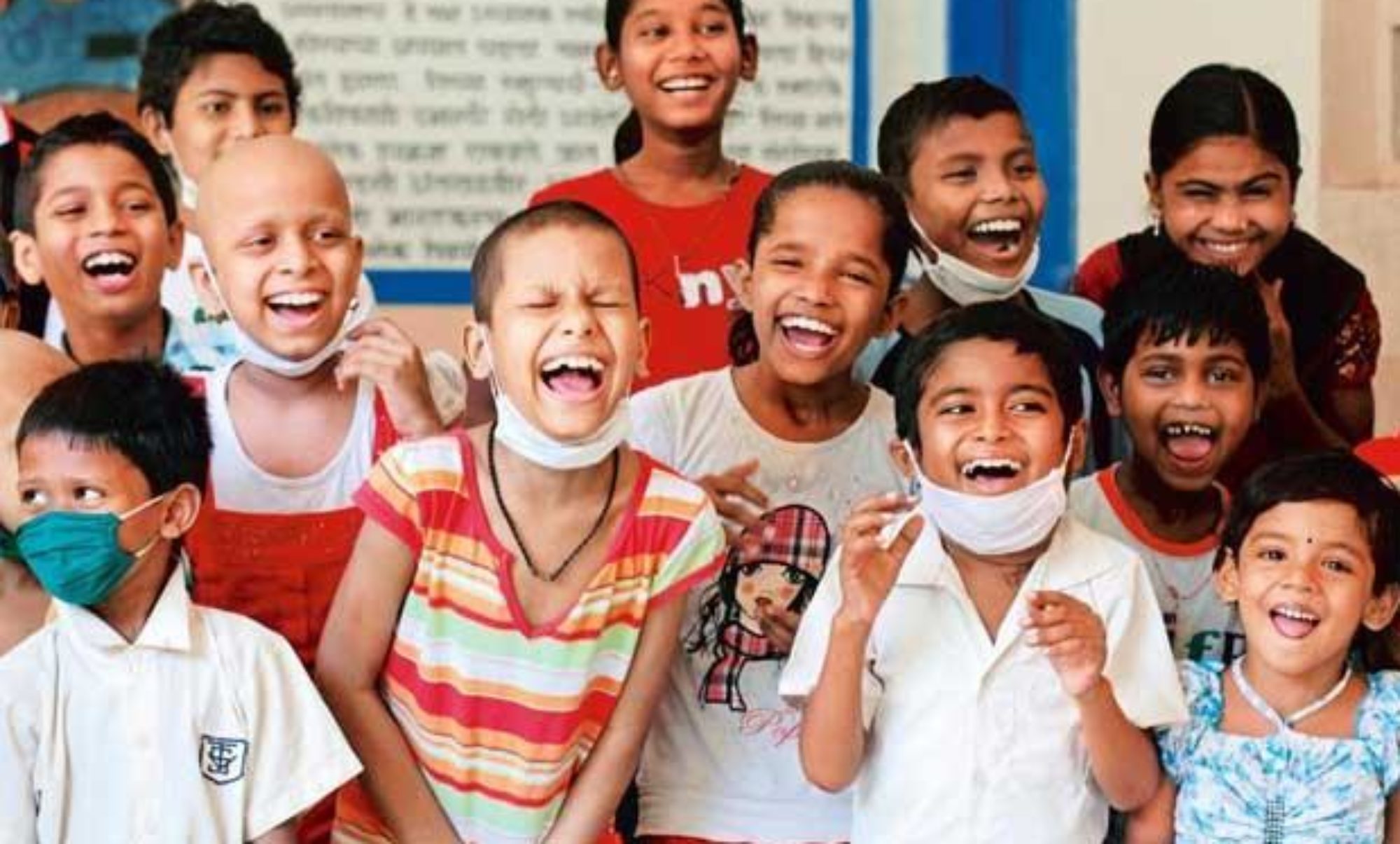Most of the cancer treatments, particularly of children, are done on outpatient visits. This involves regular visits to hospital treatments like chemotherapy, radiation etc. Outstation patients and their care-taking family members need to find places to stay in big cities, where the top cancer hospitals are based. This is a big challenge for underprivileged people for whom rents in metros are simply unaffordable.
For lack of any alternative, the poor patients and their care-takers end up living in ramshackle shacks erected on footpaths in the hospital vicinity. A visit to Mumbai’s Parel area will reveal the miserable living conditions that such people have to put up with. Further, such a situation doesn’t help in the fight against cancer since that requires an infection-free hygienic and cheerful environment.
Having realized the gravity of the situation, over the years many cancer hospitals as well as charitable organisations have set up accommodation facilities in big cities for the economically disadvantaged cancer patients. The stay as well as food are either free or involve nominal charges. Often transport facilities are also made available from the accommodation to hospital and back so that the patients can attend chemotherapy and radiotherapy sessions etc.
Summarised list of various kinds of accommodation available in cities of India is listed below. Addresses, phone numbers, email IDs and website URLs can be found on www.cancerassist.in/accommodation-for-patients-and-kin
Accommodation provided by hospitals: (a) Bangalore: Dharmashala of Kidwai Memorial Institute of Oncology (b) Chennai: Rajasthani Dharmasala of Adyar Cancer Institute (c) Delhi: ‘Ashray’ guest house of Rajiv Gandhi Cancer Institute (d) Kolkata: Premashraya of Tata Medical Center (e) Pondicherry: ‘Shine’ Home of JIPMER
Accommodation provided by charities, trusts and foundations: (a) Delhi: Manav Ashray (b) Kolkata: Oncolink India (c) Mumbai: (i) Access Life (ii) Arogya Bhavans of Deepsikha (iii) Assam Bhavan (iv) Bombay Mother & Child welfare Society (v) Brahmaputra Cancer Care Society(vi) Chandramohan Foundation (vii) Gopal Mansion (viii) Jacaf Helping Hands (xi) Mangalam Charitable (x) Nana Palkar Smriti Samiti (xi) Shraddha Foundation (d) Surat: Pathikashram (d) Trivandrum: (i) DePaul (ii) Karunya (iii) Mar Thoma (iv) Visram Sanketh
Accommodation in childcare shelters & palliative care centres: (a) Delhi, Hyderabad, Jaipur, Kolkata, Mumbai: St Jude Childcare Centres (b) Jaipur: K D Avedna Ashram (c) Mumbai: Dr Earnest Borges Memorial Home
Accommodation in private Dharamshalas: (a) Indore: By Lions Club of Indore Mahanagar (b) Mumbai: (i) Ahuja Dharamshala (ii) Sant Gadge Maharaj (iii) Shree Kumavat Seva Trust

